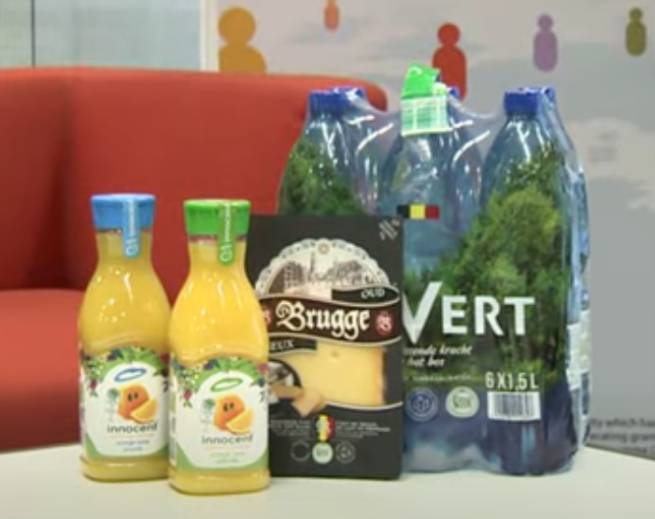Supermarket shelves are littered with bright stickers stating that the products they sell are climate neutral.
That is, during their manufacture, substances that create a greenhouse effect were not emitted, or, if there were emissions, they were compensated, for example, by capturing CO2 from the air and planting trees.
However, climate advocates are asking for a ban on misleading labels. The European Consumers Organization on Thursday called it a “green veil,” a “greenwashing”*. Organization spokesperson Emma Calvert says:
“This is absolute greenwashing. Claiming that a product is 100% carbon-free and greener is scientifically inaccurate and misleading. There is no way for shoppers in the supermarket to be sure they are participating in carbon capture projects, as they are led to believe.”
The organization cites scientific evidence that the production of any food releases carbon dioxide into the atmosphere and calls for charging food companies certain amounts so that it becomes simply unprofitable for them to burn a lot of fuel:
“Companies have to pay for a carbon credit to balance their carbon footprint. The problem is that they have a “burn now, pay later” approach. They emit CO2 and then commit themselves to planting trees, mostly in the future.”
At the same time, it is obvious that the introduction of such types of compensation for environmental damage will take years, and slowing down climate change is by no means guaranteed. Extreme weather events and fires can lead to the disappearance of planted forests, which absorb carbon dioxide and release oxygen.
But for now, the Organization of European Consumers is calling for a ban on labels claiming their products are good for the planet. More than 50% of consumers in Europe, according to surveys, believe that environmental considerations influence their food choices.
*Greenwashing is a form of environmental marketing in which “green” PR and methods are widely used, the purpose of which is to mislead the consumer about the goals of an organization or manufacturer in the environmental friendliness of products or services, to present them in a favorable light.







More Stories
Weather forecast: rain and storms in Athens and Thessaloniki on Saturday
Easter with… umbrellas: unstable weather in the coming days – where will it rain
Thodoris Kolidas explains the phenomenon "black sky" on Good Friday